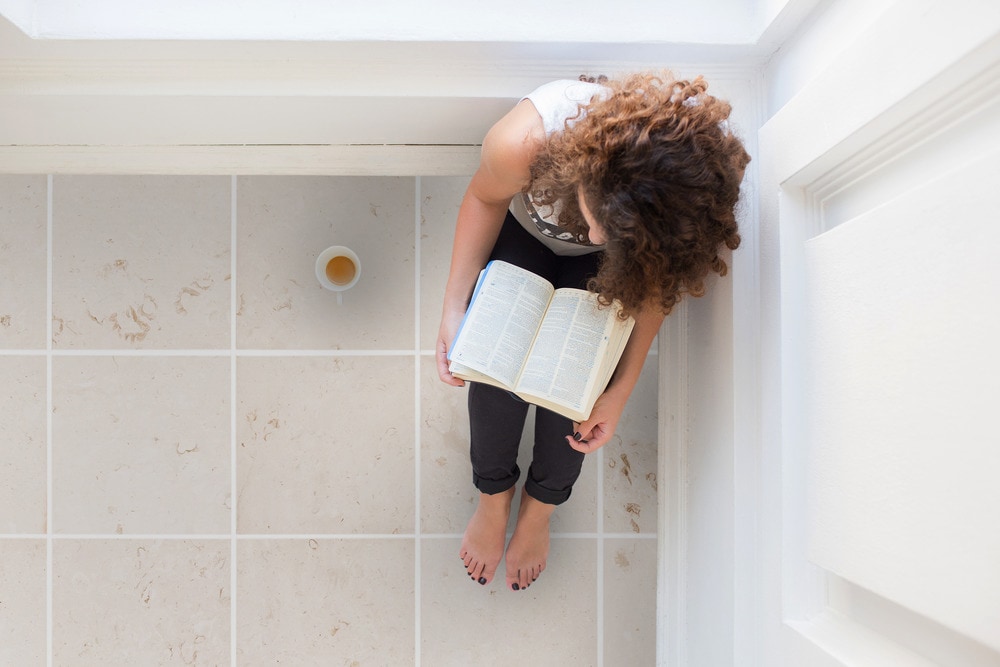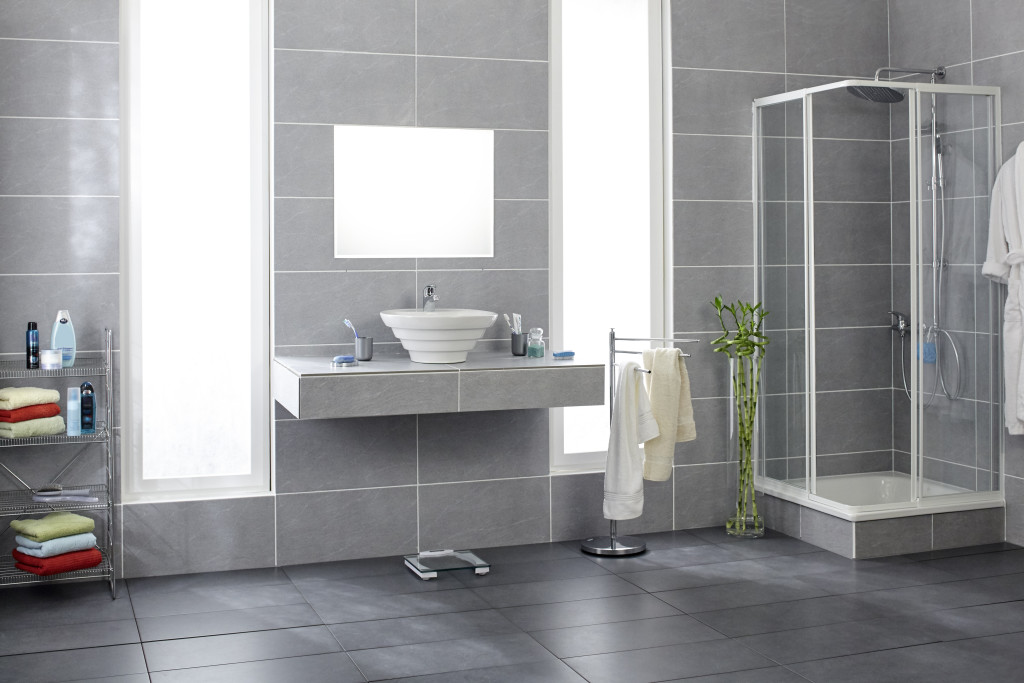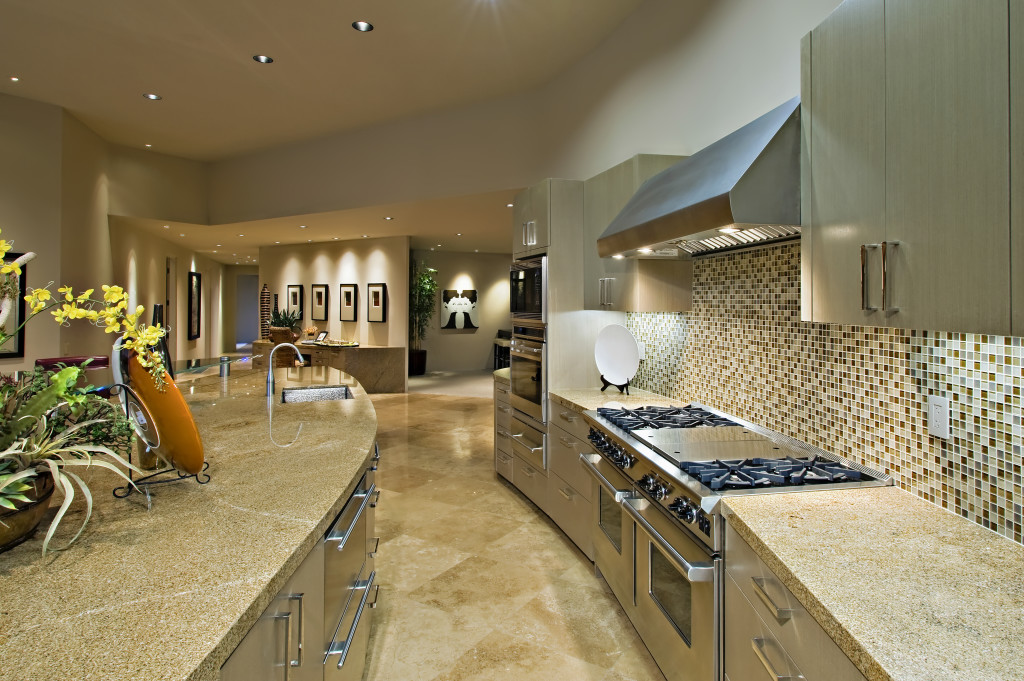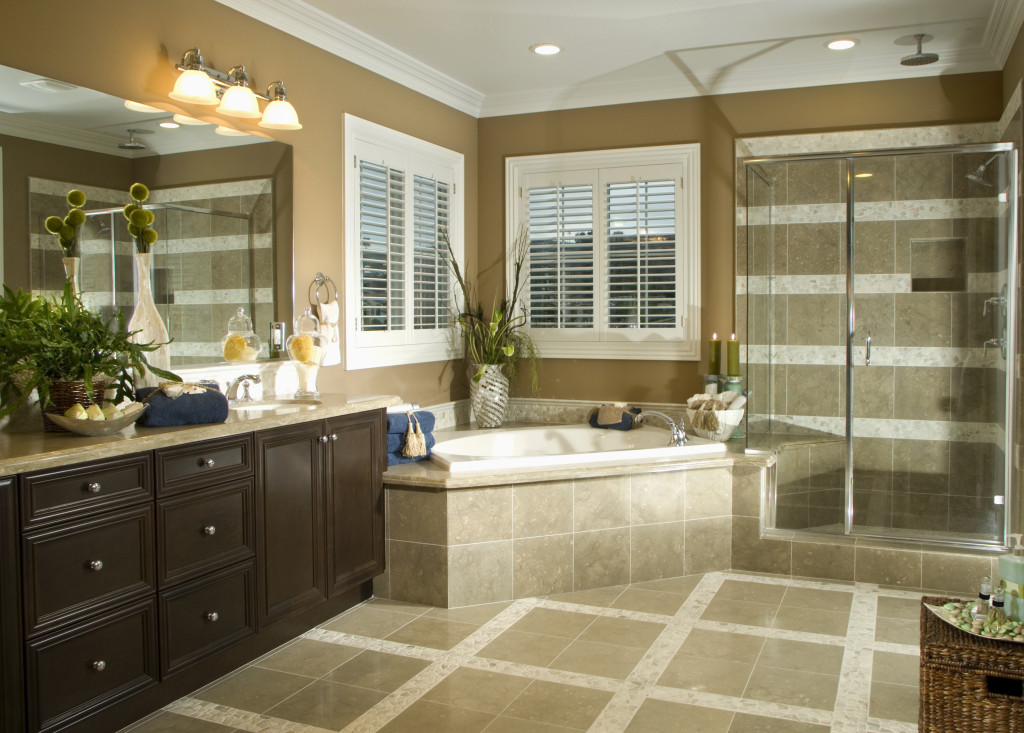Pros and Cons of Tile Flooring
If you are thinking about getting tile flooring, there are several pros and cons to consider. This type of material can be used in multiple environments, and you don’t have to worry about stains, design, or water. It is a hard tile, which means there are some characteristics that will not work in specific locations. Understanding both the advantages and disadvantages will help you decide if tile flooring is the right choice for you.
There are several advantages of having tile flooring, which makes it a popular choice for business owners and even homeowners.
Pro – Easy to Maintain
One of the characteristics that people love the most about tile flooring is that it is easy to maintain. If any stains, dirt, or liquids get on it, they will all rest on top of it and won’t get absorbed. This means it is easy to mop them up or wipe them away. You can keep them clean frequently by using a vacuum with a soft brush attachment or a broom to get any loose debris and dirt off the floor. If any stains do happen, almost any cleaner can be used, and it won’t damage the tile flooring.
Due to this, many people decide to put ceramic tile in their bathrooms and kitchens. In addition to being easy to clean, germs won’t harbor on the floor, either. This is an advantage when running a business that serves the public, such as a restaurant.
Pro – Water-Resistant
Another benefit of tile flooring is that it is resistant to water. There is a protective layer on top of the material, so it’s stain- and water-resistant. Again, this is important in bathrooms and kitchens, as the ceramic tile will last much longer than other types of material. It also resists temperatures with high humidity, so you don’t have to worry about it being ruined during the hot and muggy summer months. Any environment that is moist will benefit from having ceramic tiles.
If you buy unglazed tile, you will need to seal it to protect the surface from any liquids it might encounter. In particular, the grout lines between the tiles can be susceptible to moisture, so make sure those are sealed. Otherwise, water can get down deep into the tiles, which will weaken their installation and put them at risk for mold grow. This will lead to costly problems down the road you will need to take care of.
Pro – Durable
Tile flooring is tough and the tiles are hard to crack. When you get a quality installation done, the tiles can last up to 20 years or even longer if you do a good job maintaining them. Even if one tile does crack, it is often only because of a severe impact, and you’ll find it easy to replace that tile. This means you’ll be able to keep your overall cost down, as you won’t have to replace tiles on a regular basis.
Pro – Cost
Tile flooring is generally affordable for most people. Most tiles will cost around $5 to $10 per square foot. The ones on the lower end will be made of cheaper material, while the more expensive ones will have higher quality materials. Tile flooring is cheaper than hardwood flooring but more expensive than carpet. However, tile flooring can add value to a property in the long run, depending on the way it is installed and how it looks.
While there are many reasons to choose tile flooring, there are also some disadvantages you should know about.
Con – Cold
Tile flooring will not absorb or hold onto heat well, which means it gets quite cold during the winter. When installed in the home, this means your feet will experience a shock when they step on cold flooring first thing in the morning. This is important to consider if you’ll be putting tiles in a public place in your business where it’d be uncomfortable for your clients. The one advantage of this is that during the summer, it will feel great as people step on the cold floor when it is hot out.
Con – Heavy
Tile flooring is heavy, which means it is not the best choice for upper-story installations. If it is necessary to put tile flooring on the top level of a business establishment, a professional should first check the structure’s integrity. You need to make sure you’re not putting on extra stress that it can’t handle.

Con – Slippery and Hard
While tile flooring is easy to clean because of its hardness, this means it is not necessarily comfortable to stand on. Resilient floors can often be softened with padded underlayment, but tile flooring cannot. Therefore, it doesn’t make for the best material for those who need to stand for hours at a time. However, you can put area rugs or throw rugs in the places where people stand the most, such as in front of a kitchen sink or behind the counter at the cash register.
Due to it being hard, that also means tile flooring is slippery. As a business owner, you want to prevent all accidents when you can. Therefore, this shouldn’t be installed in areas where water or liquid are frequently spilled on the floor, as this can injure your employees and leave a mess. The same goes for public bathrooms, as you do not want a lawsuit on your hands from a customer slipping on the wet tile flooring.
There are both pros and cons to installing tile flooring. You will want to consider several factors, such as where you plan on installing it, what your budget is, and who will be walking or standing on it the most. Many people love how durable it is and that it’s resistant to water, which is essential in a place such as a bathroom or a kitchen. However, others don’t like how heavy and cold the tiles are. You’ll have to decide which factors are important.
Resources:




